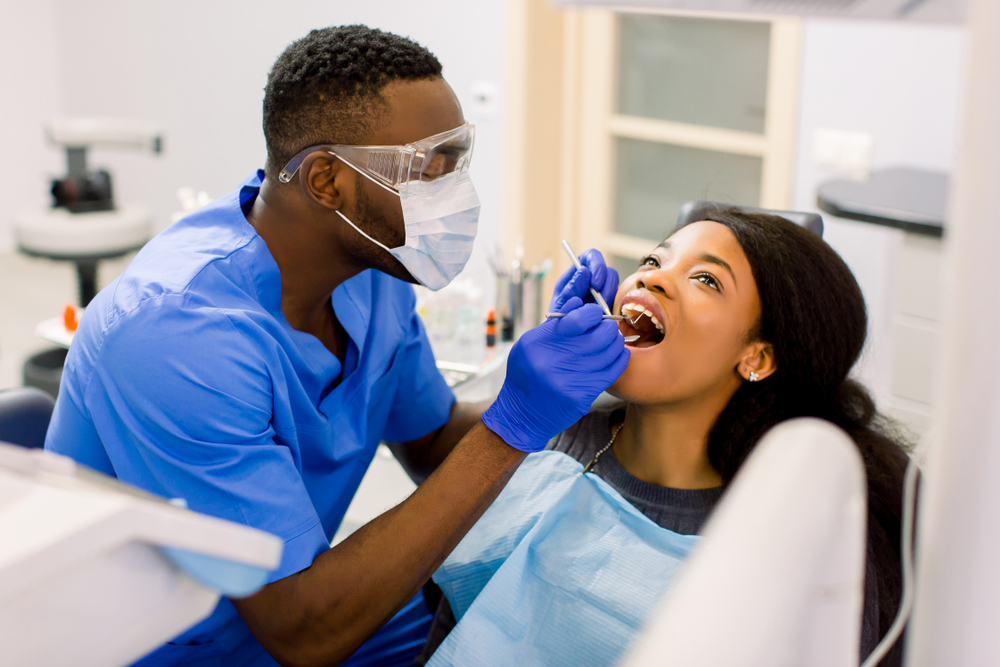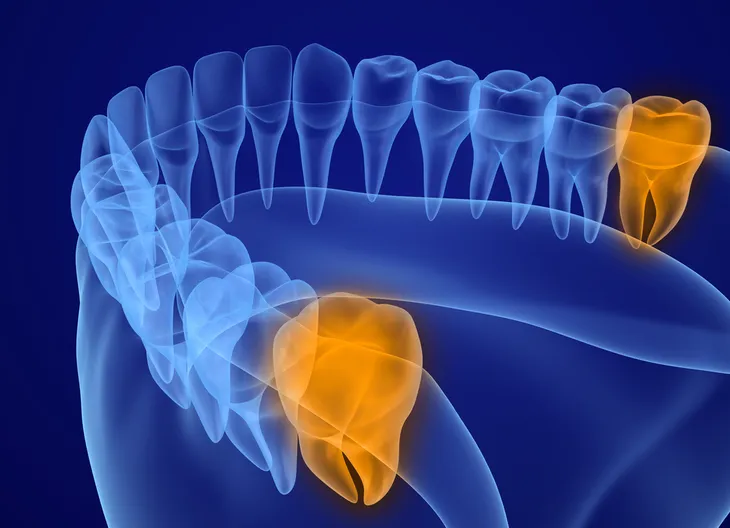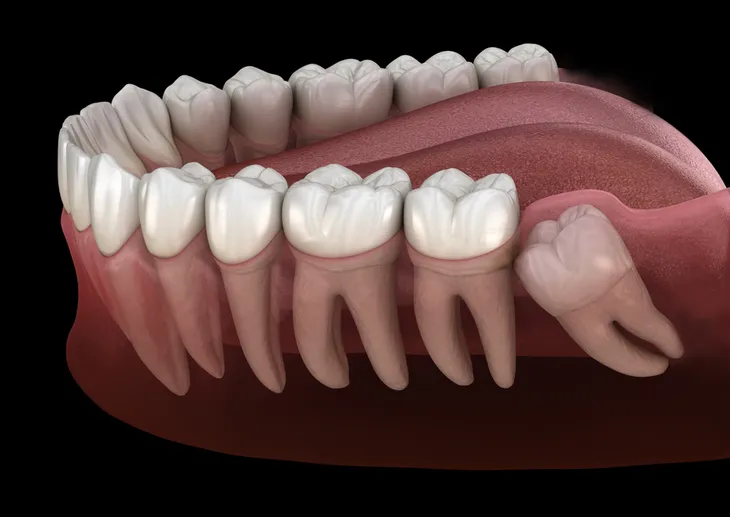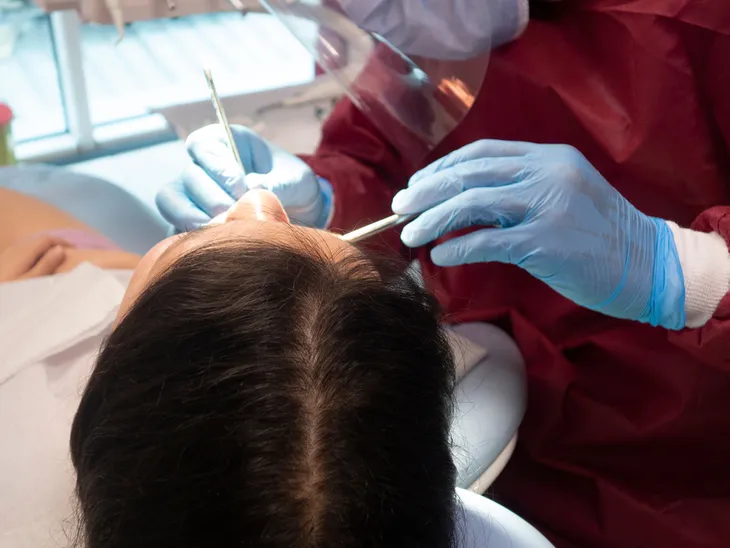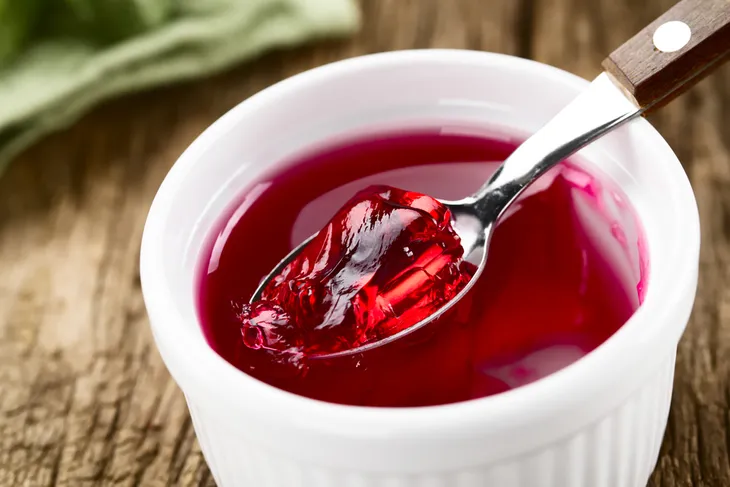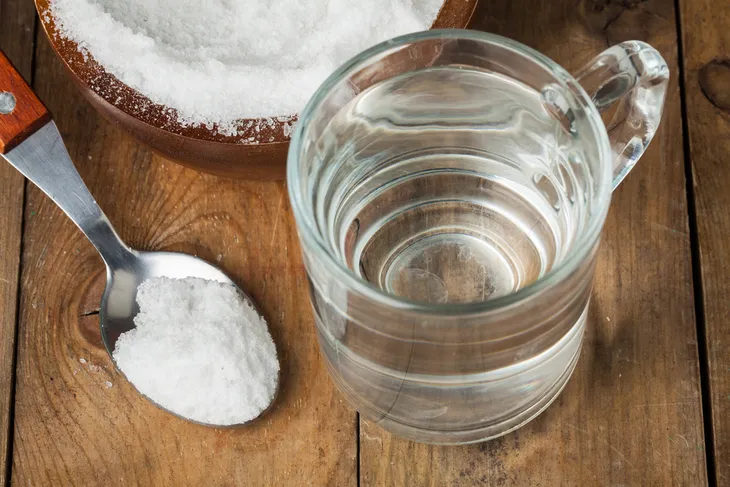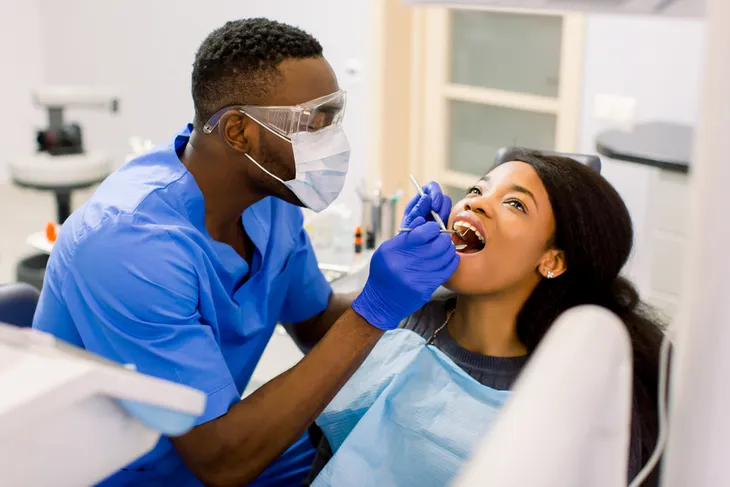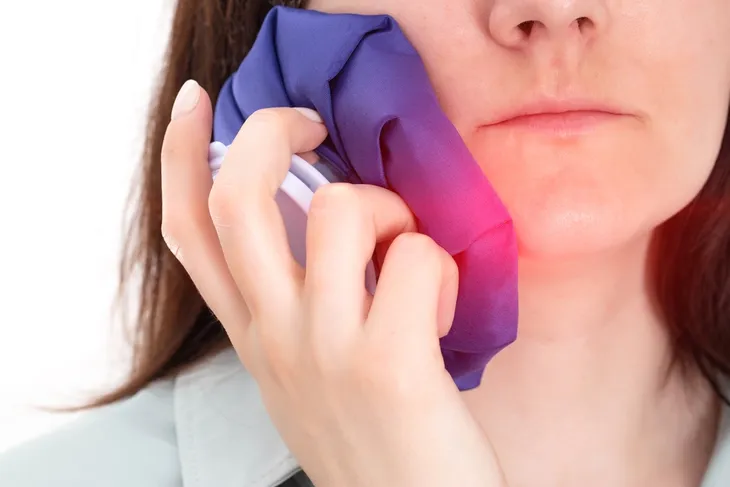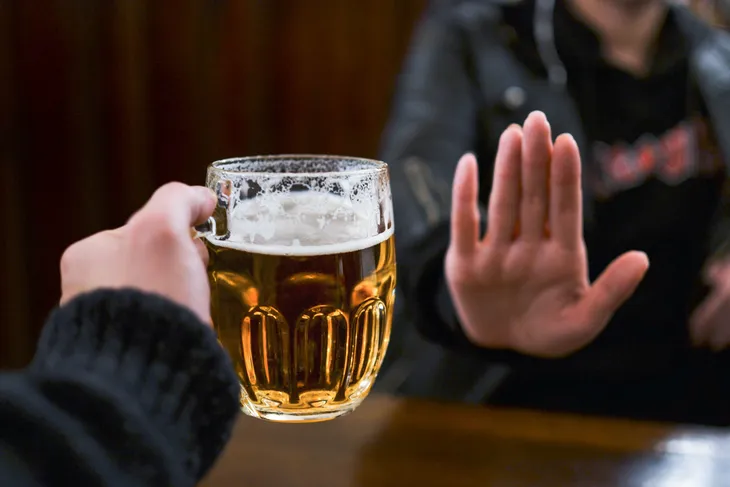There are a few theories out there about why some people get third molars, also called wisdom teeth, which will usually appear in a person’s late teens or early to mid-20s. One of the more recent theories, according to Discover Magazine, is that humans are eating softer foods in modern times, and this has made the jawbone shorter (due to less stimulation) whereas the wisdom teeth used to fill that space.
Now, as you might know, if you need your wisdom teeth extracted, it usually means that there’s not much room anymore for these extra molars, and they can become impacted and painful. Luckily, dentists have long since practiced how to get them out with minimal damage, although you’re still going to need some recovery tips. We’ve pulled some important facts for you to help with your wisdom teeth removal recovery…
What Are Wisdom Teeth?
As WebMD notes, wisdom teeth are the third set of molars that grow in the back of your mouth, and they usually arrive between the ages of 17 to 25. A dentist will likely spot them emerging by way of a routine X-ray, and will opt to remove them if they’re growing in on an angle or they’re affecting other teeth or your gums.
Meanwhile, Healthline explains that not everyone will get wisdom teeth, and might think there’s something wrong due to their absence. But the truth is, up to 37-percent of people will be missing at least one of their third molars, which may come down to genetics — if your parents don’t have wisdom teeth, then you might never get them either.
Why Do They Need to Be Removed?
Why can’t we just leave them well enough alone? Well, if your wisdom teeth happen to be growing in perfectly, and aren’t contributing to any oral health issues, then you might not need any dental intervention (although some experts believe even symptom-free wisdom teeth can still invite problems down the road such as decay).
However, WebMD notes that if the third molars are impacting your jawbone or gums, then they’ll likely need to come out. The same goes for if there’s just not enough room in your mouth to accommodate the new set of chompers, or if the teeth develop cavities/contribute to gum disease (the source notes it may be difficult to properly brush or floss these teeth due to their location).
What Does the Surgery Entail?
Before you learn the best ways to recover from wisdom teeth surgery, you’re probably curious (and a little worried) about what’s involved with the surgery. Healthline explains this procedure is on an outpatient basis, meaning you won’t be in the chair for too long and can leave after the surgery (and after the sedatives have worn off if you require them). Other sources point out the extraction usually takes 45-minutes or so.
WebMD says before the oral surgeons get to work, you’ll be given a local or general anesthetic (or a combination of both). If you’re given a local to numb the area, then you will likely be alert again soon after the procedure. In some cases, the dentist can opt for a general, meaning you’ll be unconscious throughout the extractions (possibly in a hospital setting).
You Might Need a Ride Home
As noted, there are a few different ways a dental surgeon may numb/sedate you for the procedure. This could entail using laughing gas (nitrous oxide), which should wear off fairly quickly after the surgery is completed, says WebMD. In the case of general anesthesia, you might not wake up for an hour or so following the extractions, notes the source.
It adds that it’s wise to arrange time off work/school and recover at home after, as well as have someone help with childcare or pet-sitting if needed. Other sources suggest even if you’re allowed by the dentist to drive afterward, it’s still wise to have someone else behind the wheel (especially if you had general anesthesia).
You Will Likely Need Stitches
As Medical News Today points out, you’ll probably need stitches to help close the wounds from where the wisdom teeth were extracted. The source explains you’ll return to the dentist in about 1-week to have the stitches removed.
However, some dental surgeons may use dissolving stitches, which will gradually disintegrate and won’t need any dental professionals to pull them out. Healthline says these types of stitches will “usually disappear within a few weeks,” but can take up to a month depending on the extent of the procedure.
Don’t Disturb the Affected Area
Medical News Today says that you’ll get blood clots (scabs) where the teeth were extracted, and it might be tempting for you to get rid of them. However, it notes these clots are important to the healing process, and also help to protect the site from infections.
Because of this, you shouldn’t manually try to remove these clots. That includes brushing/flossing near the extraction site, using an oral rinse (you can use an antiseptic mouth rinse after 24-hours), or drinking hot beverages. Try not to eat foods that are tough on the jaw.
Choose Easily Edible Foods
Medical News Today says you should actually avoid eating certain foods for a few days such as “sticky” candy, chips, chewing gum, and other things that require a lot of chewing. That’s because this can cause more pain and slow down healing to the surgical sites, it warns. Hot/spicy foods should also be avoided.
The source says you should stock up on soup, Jell-o, soft noodles, eggs, and bananas to munch on following a wisdom teeth extraction to help prevent damage or aggravation. If you’ve had all the teeth removed from one side, it “may be possible to chew on the opposite side of the mouth after 24 hours,” explains the source.
Minimize Chances of Infection/Complications
As with any type of surgery, there’s a risk of it getting infected. In the case of wisdom teeth removal, there’s a rare chance of something called “dry socket” occurring, which might happen if the scab is removed (smoking can also increase the risk). A dry socket is often characterized by exposure of the bone from the failure to clot/loss of a scab.
Healthline says while you shouldn’t use mouthwash right away, you can help clean the site by rinsing at home with a saltwater gargle. However, the source also advises against spitting out the saltwater following the rinse. Instead, “tip your mouth over the sink and let the water fall out,” the source notes. It also says you can gently dab the wound with gauze if there’s excess blood to deal with.
Be Proactive if You Develop an Infection
Healthline says you should try to keep stitches clear of food particles to help avoid infection during the days and weeks following the procedure (but listen to the surgeon’s advice for the immediate aftercare of the site). You might notice some signs that you have an infection, and one of the obvious ones is pain.
However, other signs that the site is infected include swelling, fluid/pus oozing out, blood in your mucus, redness, or a new “scratching” sensation in the extraction hole, adds the source. Since infections can escalate quickly, it’s important to let your dentist know as soon as you suspect one.
You Could Experience Swelling/Bruising
Multiple sources point out that swelling in the mouth might be a sign that you need your wisdom teeth extracted due to a problem. But you might also experience swelling after the surgery, and it’s not always cause for alarm.
The National Health Service (NHS) in the UK assures this swelling “will be worse for the first few days but will gradually improve.” However, it suggests using a cold cloth gently against the face to reduce it. It also notes any related bruising of the cheek may also hang around for up to 2-weeks, which is generally the overall recovery time.
You Might Benefit From Over-The-Counter (OTC) Painkillers
The Mayo Clinic explains that depending on your level of discomfort after the surgery, you might be able to use OTC medications to help manage the pain. Holding a cold pack on the jaw is also helpful in relieving pain.
The source says that in some cases, the dentist/surgeon might give you a prescription painkiller, especially if there has been some bone removed during the extraction. However, with any painkillers, you should be aware of some of the potential dangers and follow strict directions from the surgeon.
Other Prevention Tips Following Surgery
Healthline says there are some other factors that can potentially dislodge the stitches or disturb the wound clotting. Because of this, you should avoid doing anything that creates suction, such as drinking from a straw. The same goes for spitting.
Other potential hazards for your healing mouth include smoking, as well as consuming hot liquids or alcoholic beverages, adds the source. The site also mentions that you should avoid strenuous exercise and other involved activities until your surgeon gives the all-clear. If you’re experiencing extreme/unusual symptoms, call your dentist right away.
